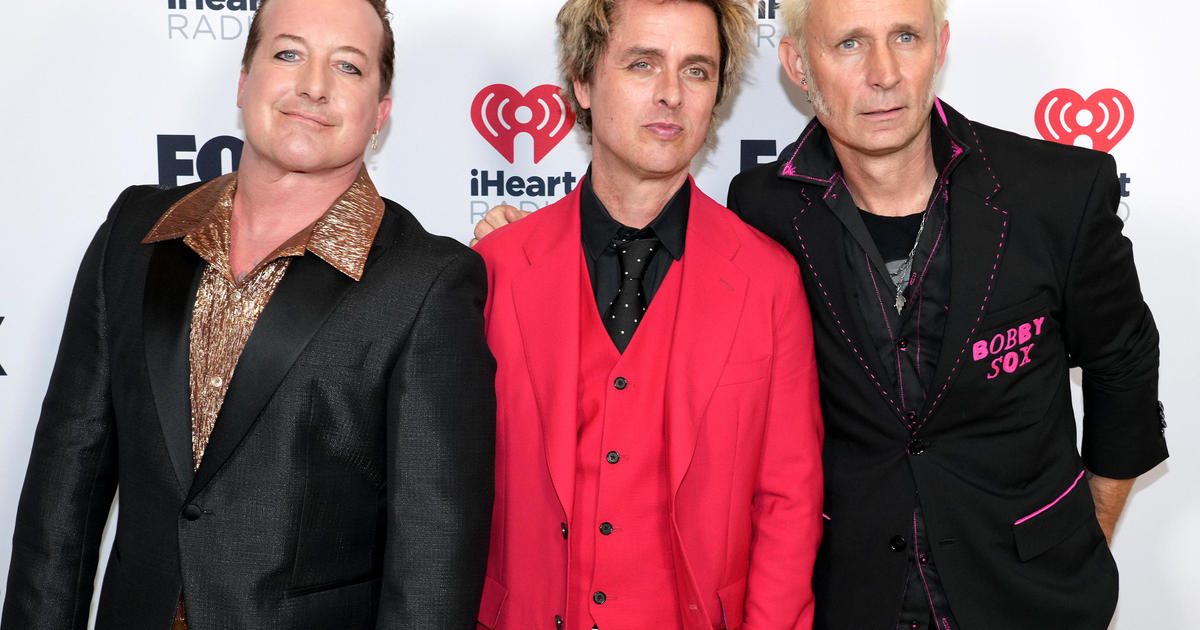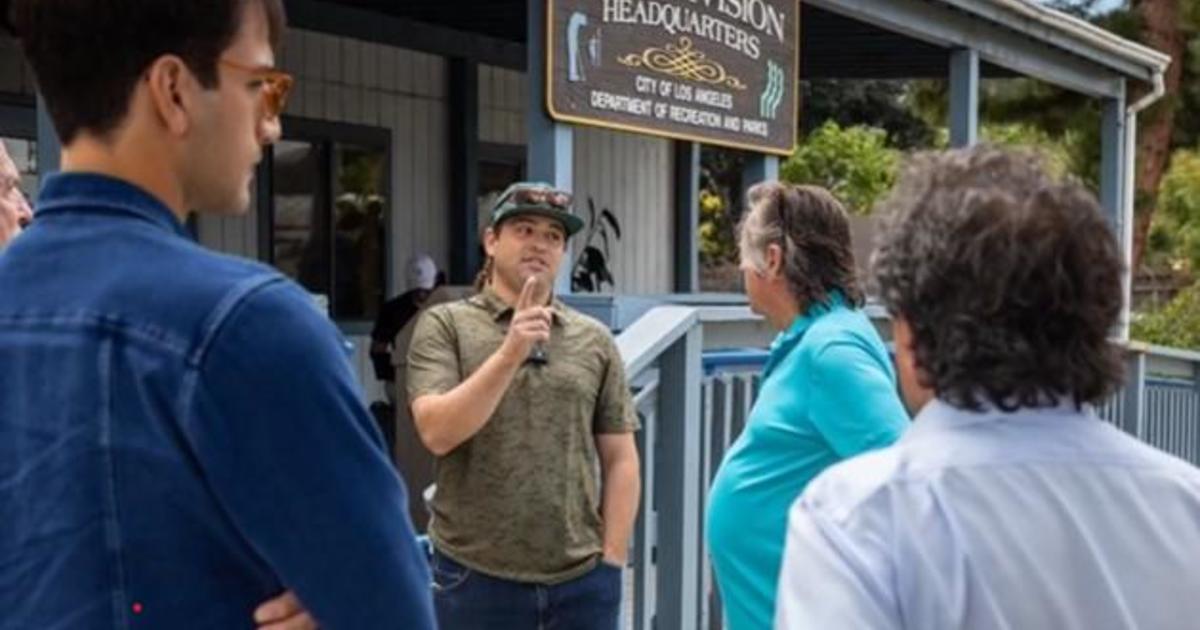Metrolink Sues Over 'Defective' Cab Cars That Derailed In Oxnard Crash
LOS ANGELES (CBSLA.com) — Metrolink is suing the South Korean manufacturer of its passenger "cab cars," alleging they had faulty parts that failed to keep trains on the track in last year's Oxnard train crash.
The Los Angeles Superior Court lawsuit was filed Friday against Hyundai Rotem Co., part of the Hyundai Motor Group. It seeks unspecified damages.
According to the lawsuit, Hyundai Rotem was among three major manufacturers to Metrolink's 2005 call for proposals for railcars with state-of-the-art technology to protect passengers in the event of a collision. The company won the contract, which called for the delivery of 54 passenger cars and 34 cab cars for almost $306 million, with Metrolink ultimately purchasing 57 cab cars, according to the lawsuit.
The last car was delivered to Metrolink in April 2014, according to the lawsuit, but there were a number of defects.
"…the carbody weldments and pilot assemblies on the Hyundai cab cars were defective – they did not meet the specifications in the contract and did not adequately protect the trains from derailing," Metrolink claimed in the lawsuit.
On Feb. 24, 2015, a Metrolink cab car collided with a utility truck stopped on the tracks in Oxnard, the suit states. The crash injured 31 passengers and two crew members. The engineer, Glenn Steele, later died of his injuries.
An inspection of the cab car showed that four of the five welds on the carbody weldments for the pilot assembly "exhibited poor fusion and lack of penetration -- in other words, they did not securely attach the brackets to the carbody," according to the lawsuit.
The defects in the welds were not visible until the Oxnard accident and Metrolink could not have found out about them before the collision, the suit states.
Subsequent inspections of nearly every other Hyundai Rotem cab car provided to Metrolink showed similar problems, the suit alleges.
Metrolink sent Hyundai letters in Sept. 2015 concerning the warranty provisions of the contract and also notified the company that the rail authority would be leasing freight train engines at a cost of about $20 million "as cover for the defective pilots," the suit states.
"In response, to these letters, Hyundai has done nothing but delay and deny," according to the lawsuit. "To date, Hyundai has yet to even acknowledge the problems it created, despite the fact that the defects have been verified by objective testing of the pilot assembly and car body weldments."
(©2016 CBS Local Media, a division of CBS Radio Inc. All Rights Reserved. This material may not be published, broadcast, rewritten, or redistributed. Wire services contributed to this report.)



